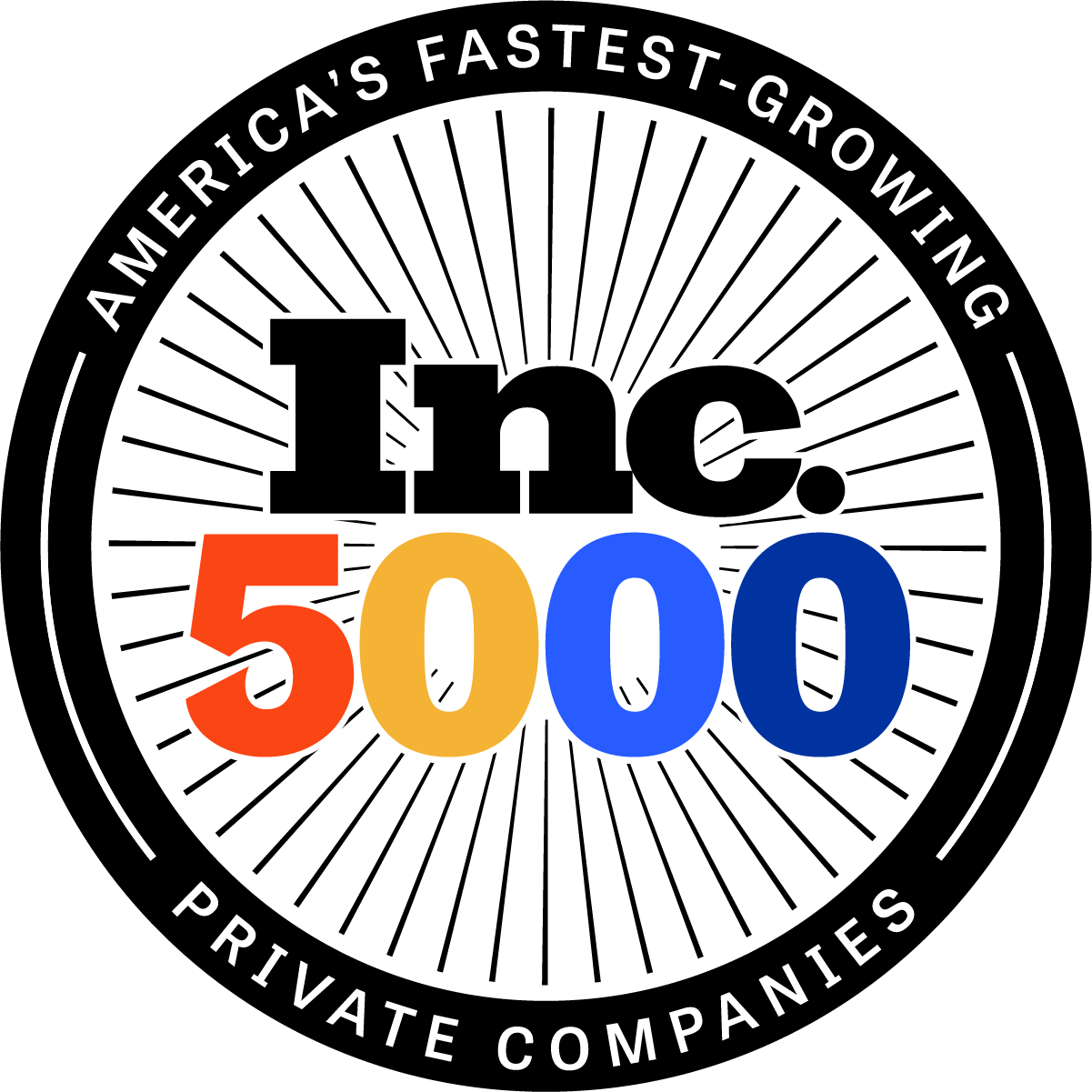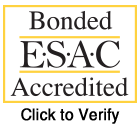Guest blog by Titan Regulation
During the holidays it is customary to give and receive gifts, enjoy company and client-hosted parties, and attend holiday events. Titan Regulation & Advisory, a Waystone Group Company, encourages all investment advisers to be mindful of their gift and entertainment policies and procedures during the holidays. We believe this starts with a strong understanding of the rules and an even stronger understanding of how your policies are designed to meet those rules.

Registered investment advisers are regulated by general anti-fraud provisions of the Investment Adviser’s Act. In addition, each investment adviser is subject to fiduciary duties owed to its clients. Neither of these provisions specifically limit or otherwise clearly articulate what policies and procedures investment advisers must implement. Despite this lack of clarity those governed by the Investment Advisers should keep the following key principles in mind: giving and receiving gifts during the holiday season, regardless of the value or recipient, should not create, perpetuate, or influence others in any way that may create an actual or potential conflict of interest.
Registered representatives of FINRA registered broker-dealers have clearer guidance in this area because FINRA Rule 3220 explicitly limits gifts and entertainment. Under FINRA Rule 3220 entitled Influencing or Rewarding Employees of Others, subsection (a) indicates that:
No member or person associated with a member shall, directly or indirectly, give or permit to be given anything of value, including gratuities, in excess of one hundred dollars per individual per year to any person, principal, proprietor, employee, agent or representative of another person where such payment or gratuity is in relation to the business of the employer of the recipient of the payment or gratuity. A gift of any kind is considered a gratuity.
By contrast, registered investment advisers are not subject to set monetary limits. However, to avoid running into problems with the general anti-fraud provisions of the Act, investment advisers should establish clear standards in their policies and procedures regarding gifts and gratuities. These standards should include a clear definition of what constitutes a gift, monetary guidelines related to reasonable limits, and establish a clear approval process. Titan encourages periodically training and educating advisory representatives and suggests reminding employees of their gift and entertainment obligations during the holiday season.
Titan is frequently asked the question: what is the difference between gifts and entertainment? Put simply, entertainment is distinguished from a gift based upon whether the provider attends the event or accompanies the recipient. To illustrate this distinction, a gift of two tickets to a sporting event requires disclosure of the face value of that event as a gift. However, those same two tickets will be considered entertainment if the event is attended alongside the business contact who provided the tickets.

The holiday season represents an important break from work, but not from the compliance requirements related to gift-giving. Although advisers do not have prescriptive requirements as brokers do, an adviser’s fiduciary duty similarly limits the size and nature of gifts that advisers can give and receive without triggering the appearance of a conflict of interest.







